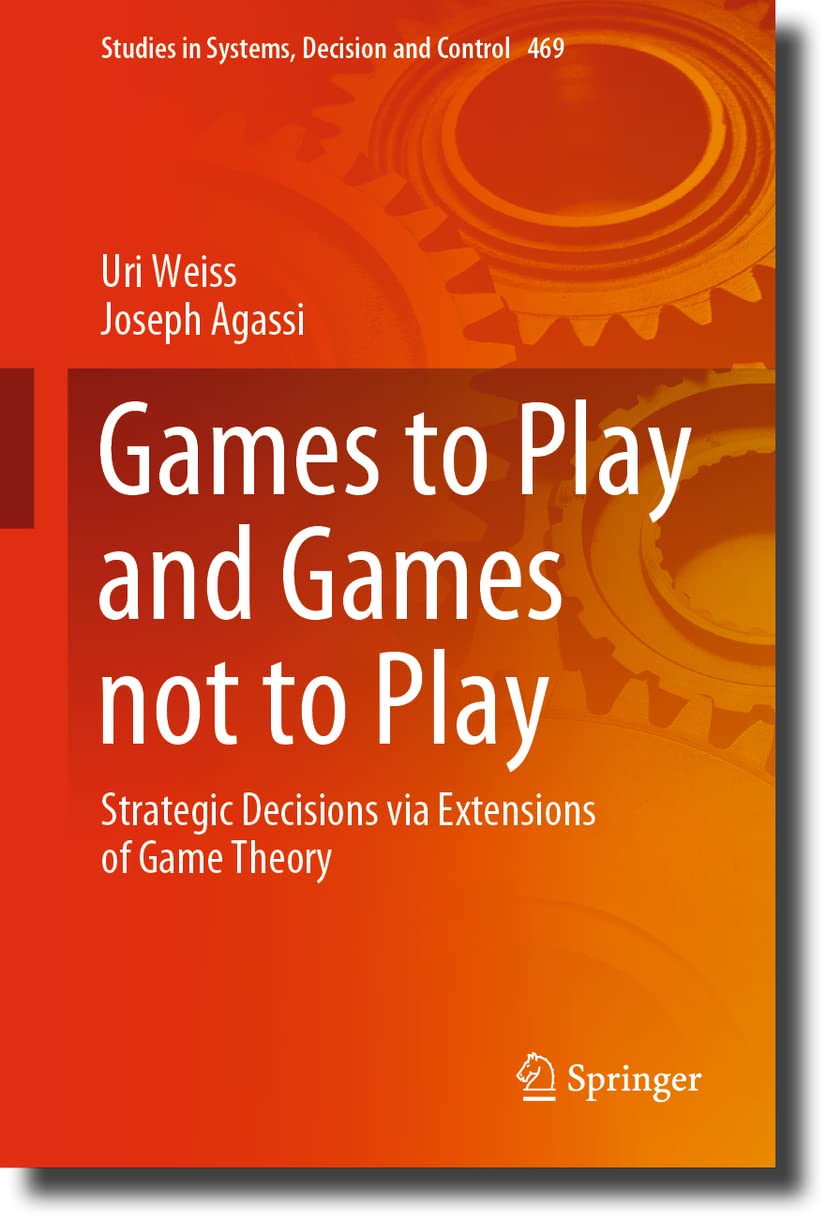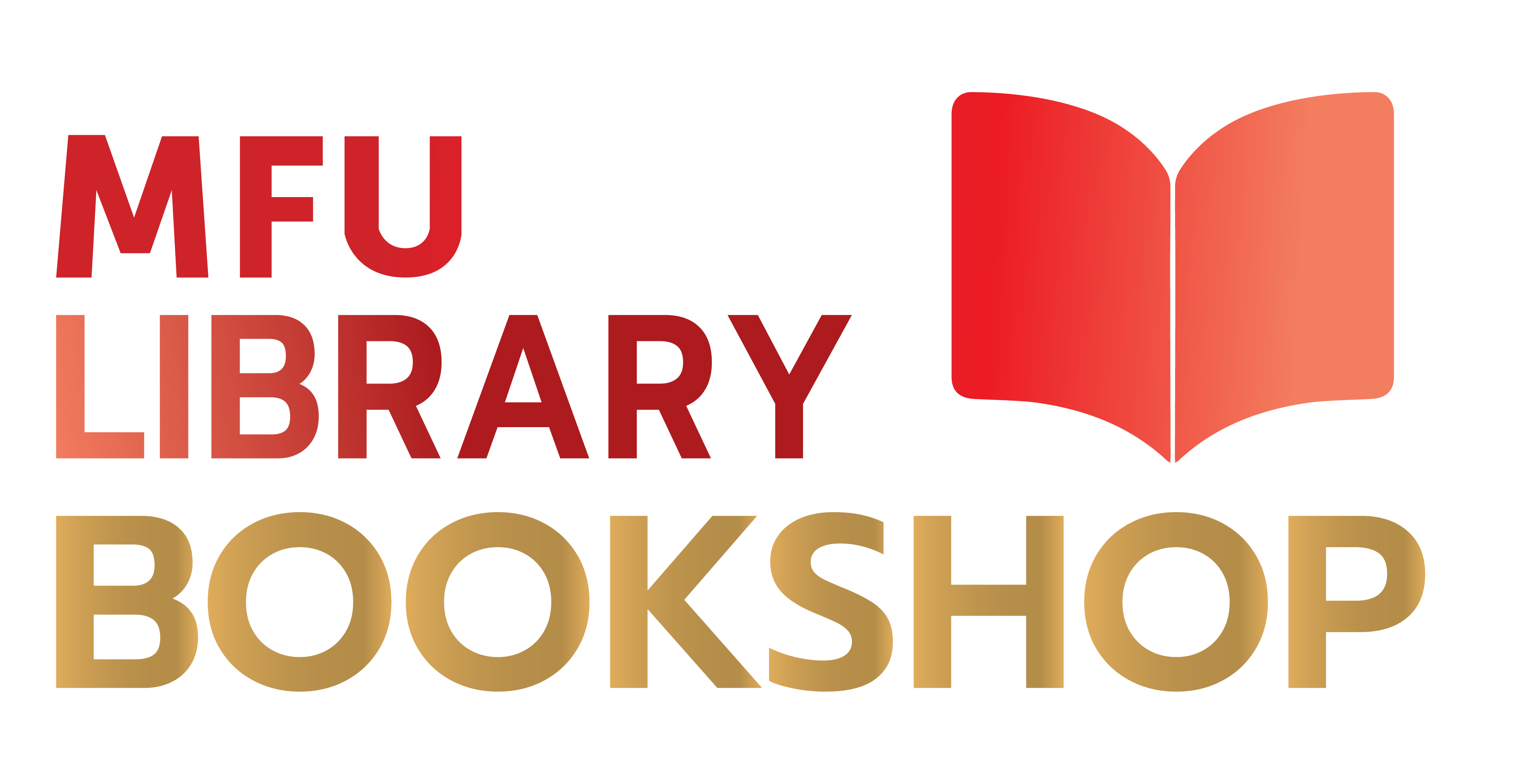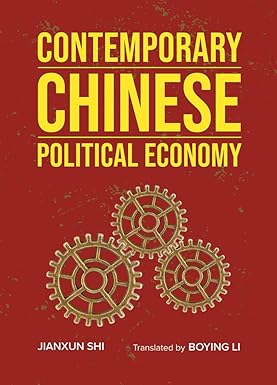
Book
Games to Play and Games not to Play: Strategic Decisions via Extensions of Game Theory
ISBN : 9783031276002
Author : Uri Weiss
Publisher : Springer
Year : 2023
Language : English
Type : Book
Description : This book contributes to the theoretical discussions of equilibria that rest on error―in which we include mistaken choices of games to play. Extant game theory recommends diverse strategies (plans of actions) for various given games, particularly those in Nash equilibria, in which no player benefits from one-sided strategy alteration. The literature also refers to the design of games that fit given goals. This is the mechanism design theory; its function is to serve social planners ignorant of the preferences of the people intended to play them. Our study of games avoidance adds to game theory the meta-game of choosing what game to play and what game to avoid playing, and that both players and planners can generate. This comprises a shift from the maximalist position that aims to maximize possible profit to the minimalist one that aims at minimizing possible loss. This shift depends on the question, considering the public interest, what set of games is it advisable to encourage? Obviously, it is advisable to encourage playing some groups of games such as trade, as well as to discourage playing other groups of games such as wars. This shift makes the theory much more applicable to social science: usually, choosing what game to play is less practical than choosing what game not to play. This invites legislation and similar incentives; their study should aim at the improvement of their usefulness. Discussing the possibility of changing both game and strategy renders game theory part-and-parcel of social science. For this mathematical models will not do: it requires a clear distinction between describing options and explaining situations. Explanations may enhance efforts at improvement.








